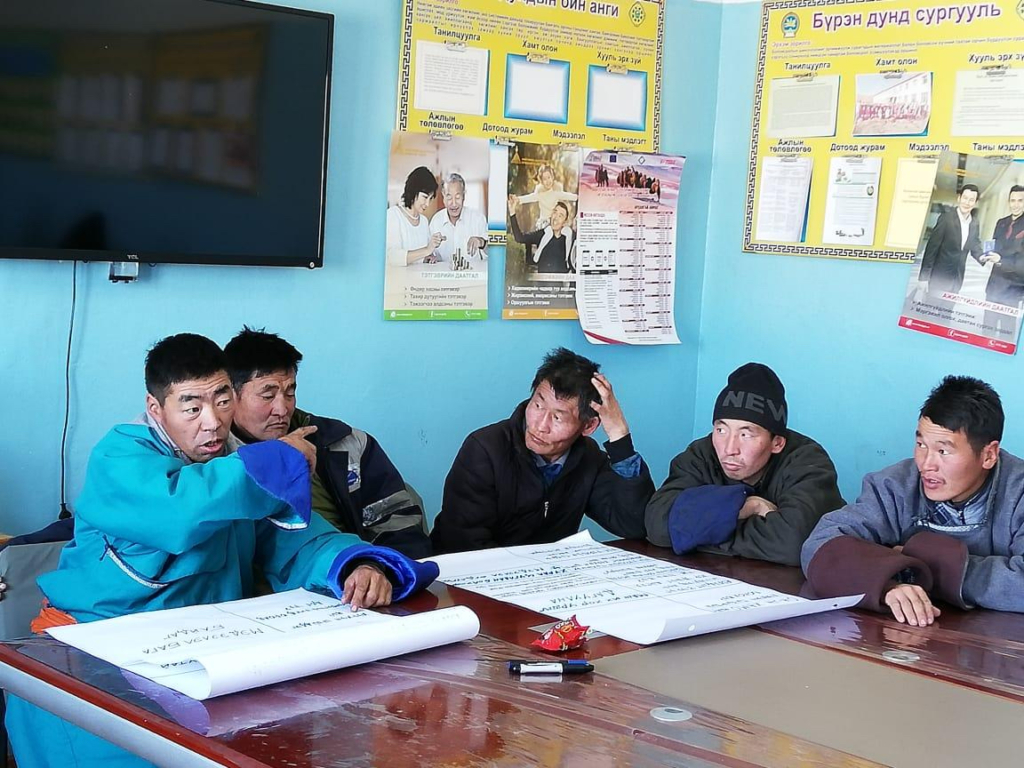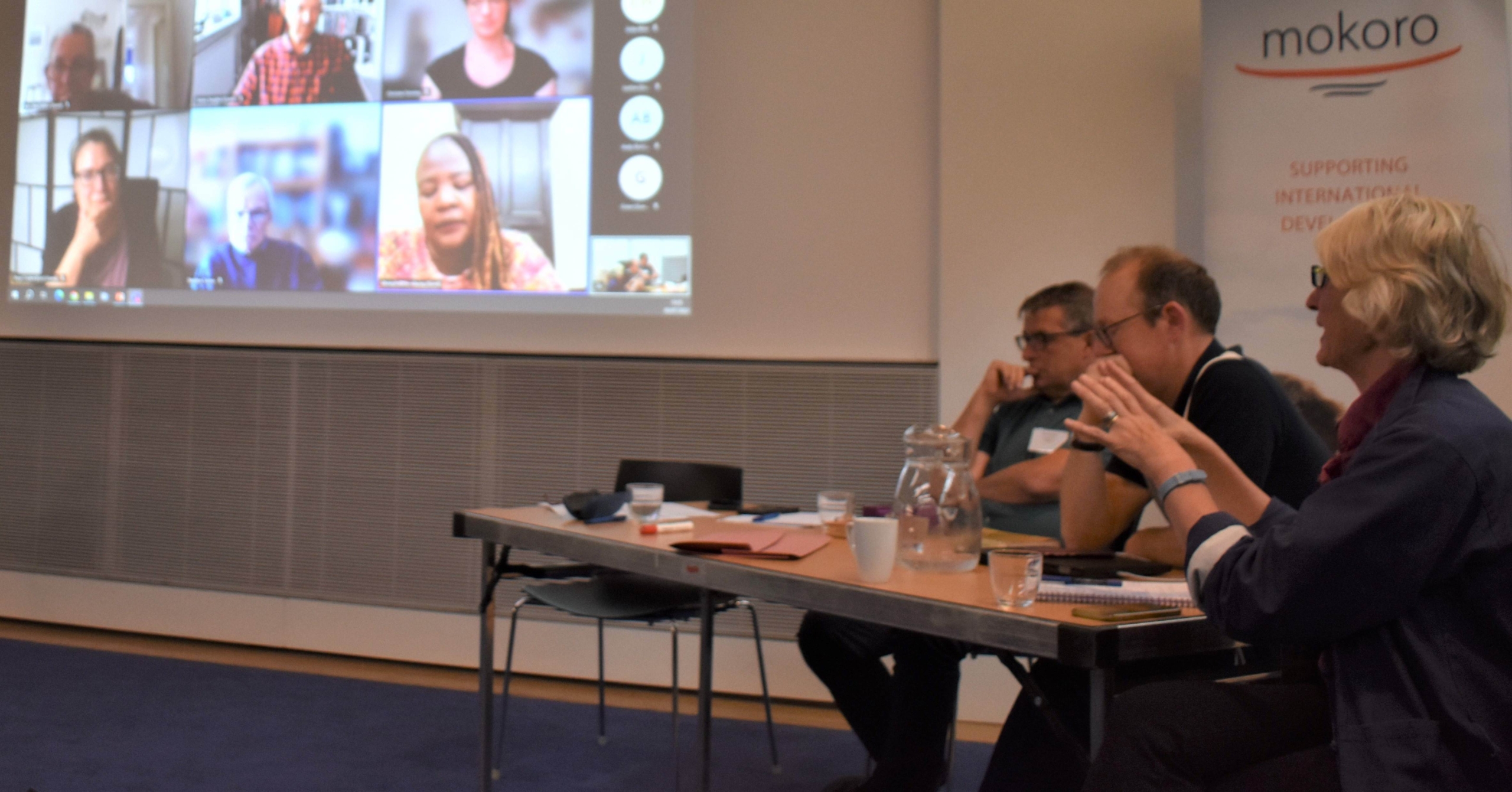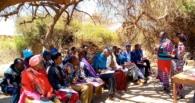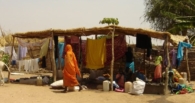Left behind
The Mongolian herders living at home with Mum
Narangerel Yansanjav
23 April 2019
/
- 0 Comments
Narangerel Yansanjav is a senior researcher and board member of the Mongolian NGO, People Centered Conservation (PCC), and a senior team member of the global WOLTS project.
“I am one of the woman-headed households in this soum. I have been a herder for many years. For me life is still good, because I have a grown-up son who can help me. He became a herder when he was just 8 years old.”
These were the words of an elderly widowed herder, Suren, whom I met in Tsenkher soum on a research trip for the Women’s Land Tenure Security (WOLTS) project last year. She was explaining that women herders who have adult sons are better able to continue being herders than those with no children or only daughters. The Mongolian herding lifestyle is under enormous pressure and families are finding surprising ways to cope. In Tsenkher those pressures include a growing population, land degradation from mining, and land-use conflicts over access to pasture.
While the woman was talking, I suddenly remembered something that happened during a participatory community meeting with herders several years ago, in another part of the country. As the facilitator, I had asked the participants to write their names on a piece of paper. As they wrote their names and passed the list around, I noticed a young man at the back of the room looking very uncomfortable, his face reddening when it was his turn to write his name. After the meeting, I realised he had simply made a mark on the paper and later I found out that he was 30 years old and illiterate. This was quite shocking to me, because the literacy rate has always been very high in Mongolia since the socialist regime started in 1921.
What we have discovered through the WOLTS study in several herding communities is that illiteracy is not uncommon for men in their mid-to-late 30s in Mongolia. After the country’s livestock were privatized in the early 1990s, many boys stayed at home to look after the new household herds. There was a very high drop-out rate from school at that time, and, as a result, many men who are now in their 30s have only had some primary education or no education at all. Girls, on the other hand, have tended to stay in school and have often become much better educated than their brothers.
Later, during participatory community feedback meetings we held in Tsenkher soum, several older women discussed what had happened to their sons. While they were glad to have them at home to help with herding, their sons often remain unmarried, as so many young women still go to the capital, Ulaanbaatar, to study and then do not return. While these young men are able to provide support to their ageing parents, especially their widowed or divorced mothers, the longer-term effects of this change are hard to predict. In another area of Mongolia, the WOLTS project has discovered that some less-educated men who marry more educated (and often higher-earning) women experience economic abuse when their wives manage household finances without consulting them, and sometimes even deny husbands access to bank accounts, which has led to physical retaliation by the men on their wives.
Things have changed since the 1990s and today younger herding families are keen to educate their boys as well as their girls. But this usually means that parents have to live apart. With the school starting age recently brought down from 8 to 6 years old, many young married women move into their local soum centre with their young children and stay there for up to 9 months each year, while their husbands stay in the countryside, taking care of the family’s livestock. This not only divides fathers from their wives and children, but also isolates the children from their herder origins.
As we travelled through the Mongolian countryside for the WOLTS project, it was not unusual to meet men living alone, not only herding but doing all their own cooking and housework as well. Just as boys missed out on their education with the changes of the 1990s, today’s herding families are facing different pressures that are splitting families – with consequences we cannot predict.
For more information on WOLTS and access to research reports and publications, including the Tsenkher Soum Report, please visit https://mokoro.co.uk/project/womens-land-tenure-security-project-wolts/.

You must be logged in to post a comment.



